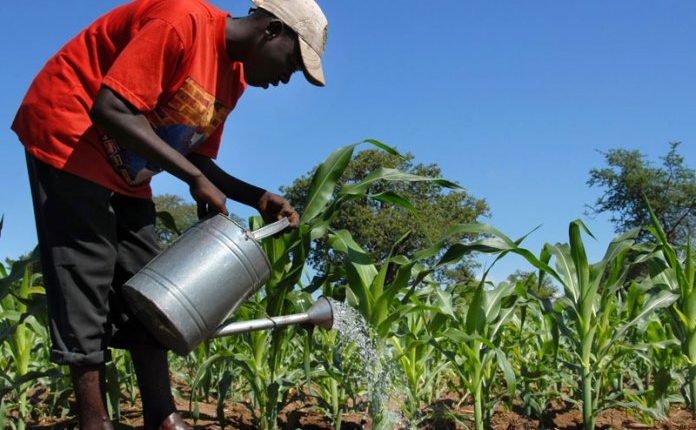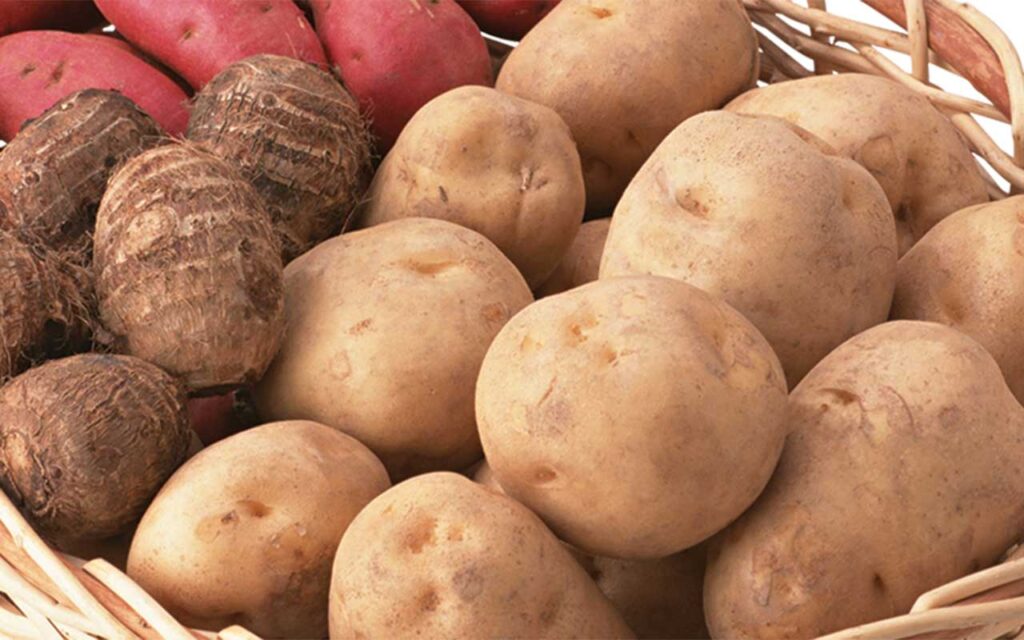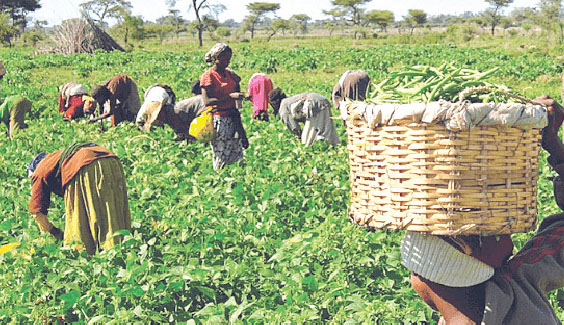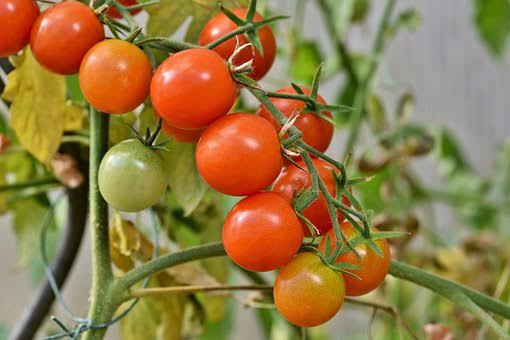
To Invest $100m At Full Capacity
IN three months, several tons of African catfish would roll out of a set of earthen fish ponds at Epe, Lagos State, into the fish supply line, other things being equal.
That would be another evidence that investors in the agricultural sector are tapping into the window of opportunity that has opened in the fisheries sub-sector following the Federal Government’s plan to review its importation policy.
In line with this, Premium Aquaculture Limited has mapped out an investment portfolio of about $100m to invest in the production of African Catfish and Tilapia to the annual production level of 4,500 and 15,000 metric tonnes respectively.
A wholly indigenous enterprise, Premium Aquaculture, at its Epe, Lagos State farm has started catfish production in more than 15 large earthen ponds out of the planned 90.
Even at the time of visit to the farm, land clearing for construction of more ponds was in progress.
According to the farm project manager, Sarvesh Pandey, the entry into the aquaculture business is to key into the Federal Government’s Agricultural Transformation Agenda (ATA) and to help bridge the gap in fish supply shortfall.
He explained that the Epe farm would produce catfish, while at the Ogun-Osun River Basin Development Authority, Abeokuta, the Tilapia would be the focus.
Pandey disclosed that a Memorandum of Understanding (MoU) with Ogun-Oshun River Basin Development Authority to go into tilapia fish farming in Oyan River dam has been finalised.
He said the tilapia fish farming at the dam would involve the use of cages in the cage culture system to do about 15,000 metric tonnes per annum.
Towards this, Pandey said cages are already being arranged to come in from China at the cost of $4,000 per cage, which would be used to do five metric tonnes per cycle per cage. It is expected that there would two cycles in a year.
From Pandey’s analysis, it is costlier to do tilapia due to the cage imports and the forex implication though as much as 10 metric tonnes in two cycles per cage is achievable.
So far, only a few ponds have been stocked at the time of visit according to the Farm Manager, Jagadeesha Gowda, who also revealed that the stocking of the ponds started in January.
However, the Hatchery Manager said it has been difficult getting enough fingerlings to do the job. The shortages are being addressed at the farm as the spawning process is now being scaled up to meet the target of stocking the ponds at the Epe farm. When in full operation, it is expected that fish farmers from diverse places would be able to buy from its hatchery.
Pandey revealed that during the company’s visit to the Minister of Agriculture and Rural Development, Dr. Akinwunmi Adesina, in Abuja, it decided to buy into investing in aquaculture in line with the Transformation Agenda to cut down dependence on fish importation.
He said the company would provide jobs for about 500 Nigerians in both farms, adding that locally and in-house trained workers would be given priority in the employment at the farms.






